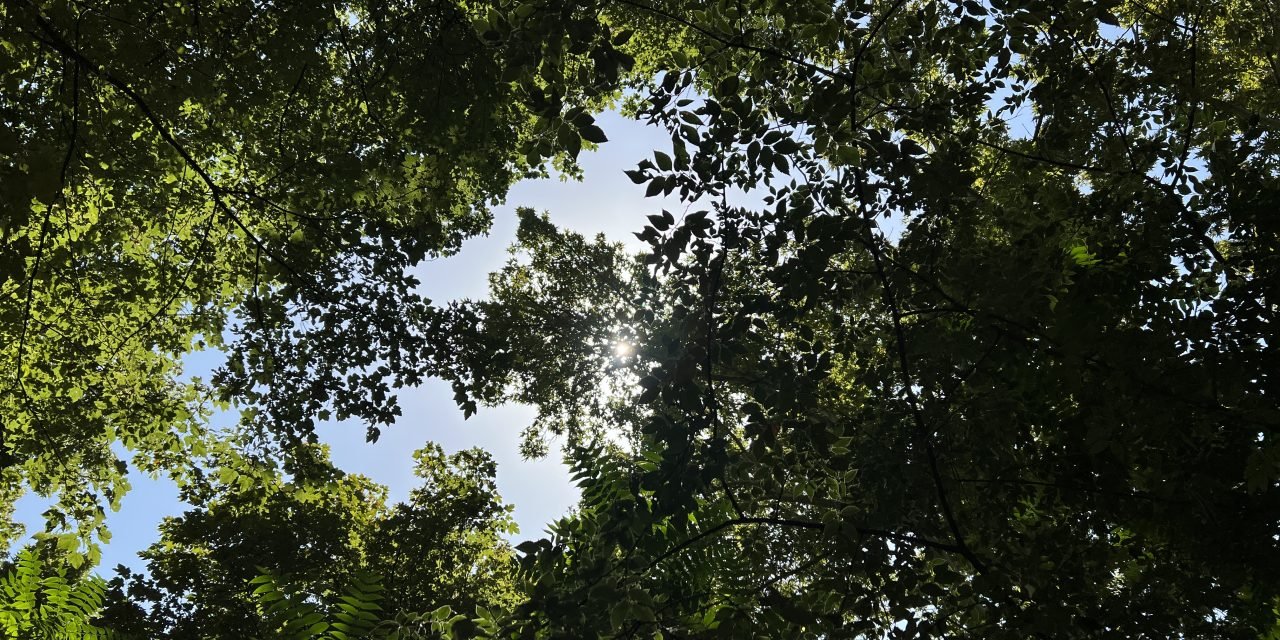Historic Referendum Protects Biodiverse Yasuní National Park from Oil Drilling
In a Landmark Decision
Ecuadorians have voted to put an end to oil extraction in the Yasuní National Park, a breathtakingly biodiverse region at the juncture of the Amazon, Andes, and Equator. The referendum, a historic first, has far-reaching implications for both the nation’s environment and economy.
The Yasuní National Park is home to an unparalleled wealth of animal and plant species. With its stunning one million hectares of land, a single hectare in Yasuní contains more animal species than all of Europe and more tree species than North America combined. This ecosystem, however, also conceals Ecuador’s largest oil reserves.
A People-Powered Movement
The referendum is a result of a decade-long endeavor by the environmental collective Yasunidos.
Pedro Bermo, the group’s spokesperson, emphasizes that this vote represents a groundbreaking step toward tackling climate change through citizen-led environmental decisions.
The fight began ten years ago when former President Rafael Correa proposed a $3.6 billion international contribution to preserve Yasuní. The subsequent drilling in Block 43 of the National Park generated over 55,000 barrels per day, contributing significantly to Ecuador’s oil production.
Economic Tensions
While advocates of continued drilling highlight economic benefits and job opportunities, the referendum’s supporters envision alternative paths forward.
Ideas like eco-tourism, public transport electrification, and ending tax exemptions are suggested to fill the economic gap.
Helena Gualinga, a passionate advocate for indigenous rights, is among those campaigning to halt drilling.
For Gualinga, the essence of the referendum lies in holding oil companies accountable for proper shutdown and restoration, a critical concern for indigenous communities.
A Global Crisis
The timing of the referendum aligns with growing environmental concerns. The Amazon is nearing a critical tipping point due to deforestation linked to oil mining. Its role as a vital carbon sink, absorbing emissions, underscores its global significance.
Antonia Juhasz, a Senior Researcher on Fossil Fuels at Human Rights Watch, asserts that Ecuador must transition to a post-oil era. With Amazon’s invaluable contribution to climate stability, she contends that protecting it outweighs oil dependency.
Ecuadorians have spoken with their votes, securing a historic victory for environmental conservation. Nearly 60% of voters supported the ban on oil drilling in Yasuní National Park, safeguarding its rich biodiversity.
A New Era Dawns
This outcome reverberates globally, highlighting the importance of safeguarding precious ecosystems. The referendum’s success provides a template for other nations, demonstrating that environmental preservation can be effectively integrated into democratic processes.
Ecuador’s decision to cease oil extraction in Yasuní symbolizes a turning point. With a renewed focus on sustainability and environmental protection, the nation takes a monumental step towards a greener, more equitable future.










